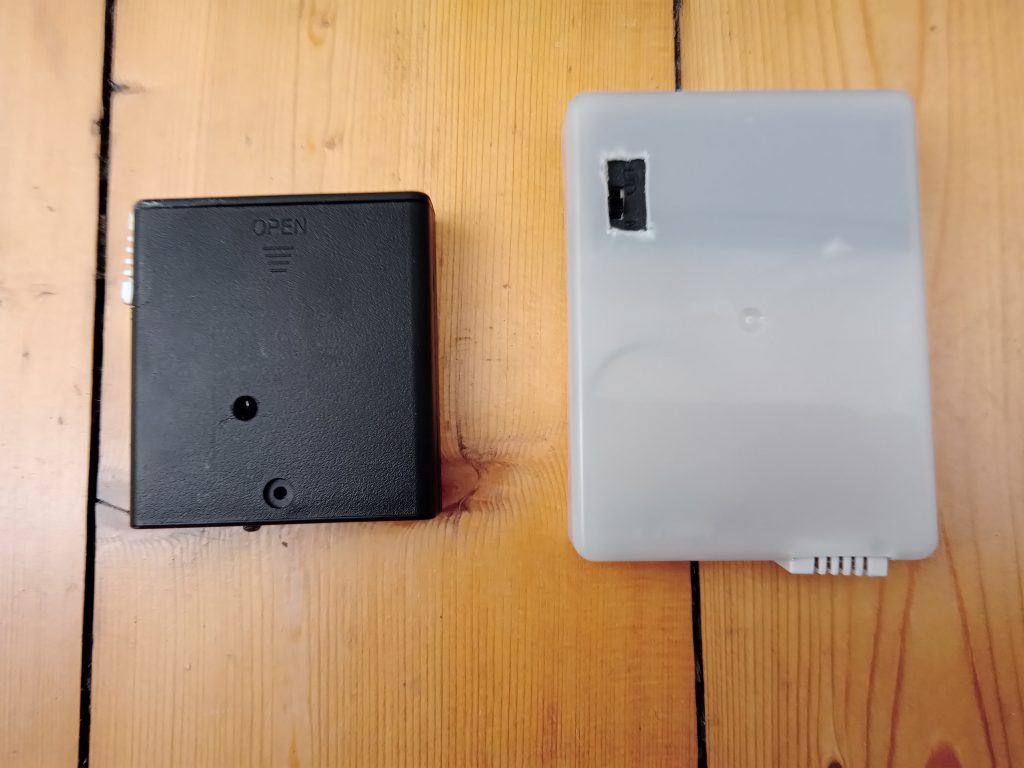Thanks to the Royal Academy of Engineering, we have a new programme of facilitated group sessions that community building operators can use to understand what a net zero future holds for their own premises. It will help you understand energy efficiency and thermal comfort in what are often very difficult buildings. It will also help you think about what your local community needs from your buildings, whether that means changes, and how to make change happen. We want to help you devise a plan for the future and equip you with the knowledge and confidence to instruct heating engineers and architects with briefs that will get you where you want to be.

Four group sessions
Groups will spend four two-hour sessions working together to understand their buildings and think about the future. One person will need to facilitate the group using our materials – training for this will be provided! Our materials will teach you some very basic concepts about heating, ventilation, and energy efficiency, but just as importantly, it will help you understand what is practical and possible, and give you the time to come to agreement about what you want to achieve. Here are some of the questions you will think about during the sessions:
- Are we using the right strategy to make people comfortable given how we use our building?
- What does our community need from this building, and does it need changes to serve them better?
- Are we using the current heating as efficiently as we can, and would changing the heating controls help?
- What actions can we take to reduce heat loss and save energy, and how do we know what to do first?
We provide the structure for the sessions, but we can help you adapt the sessions if there are parts that aren’t relevant for you. The sessions are interactive and designed to help the group understand what they need to know to engage professionals and to come to agreement about how to proceed. You should expect to hold your sessions once a week, fortnight or month. All groups must finish the entire programme by February 2024.
One volunteer engineer
Each group will need one volunteer engineer to take them through some essential concepts and and activities that apply them to their buildings. Engineers know many useful things not just about heat transfer, but also about health and safety and managing complex projects. They are good people to know! We will ask you to think whether you know anyone from your local community who would be willing to help you, but we can also try to find one for you.
We are very grateful to Engineers Without Borders UK for their assistance in finding volunteer engineers for the programme. If you are an engineer and want to volunteer, please get it touch! We’ll be happy to help you look for a group in your local area.
Thermal monitoring

To aid the engineer, we will provide simple thermal monitoring devices that either send temperature and relative humidity readings to the internet every 5 minutes or let you pick up the readings using a smartphone and email them to us. It just depends on whether you have wifi available in your spaces. You’ll be able to use the data to look for some common inefficiencies that might be easy to correct cheaply, as well as to pass to heating professionals.
Resulting in a profile and a plan
By the end of the four group sessions, you will have a profile of your building that will contain details that are useful for engaging heating consultants and architects, plus some idea of what you might want to do with your building in future, keeping in mind rising energy costs and the move to net zero. Since the way buildings are used can change over time, this will be part of what your group will think about. You will also be equipped with the concepts and information to question and discuss options with the professionals, leading to better outcomes.
One community engagement event
To test what you think about your building’s future, you will hold a public event where you invite the local community to tell you what they think about what you’ve done. This is very useful when it comes to attracting grant support! The fourth group session is all about how to plan the event, with lots of tips – giving you plenty of time to think about your options and decide what to do.
And a programme others can follow, too
We won’t always get things right to start with – but during this programme, we will be there to support you on your journey. What we learn from you will let us write better materials and case studies that will be freely available on the internet for other groups to try for themselves. By participating, you will not only benefit, you will be passing these benefits on to others.